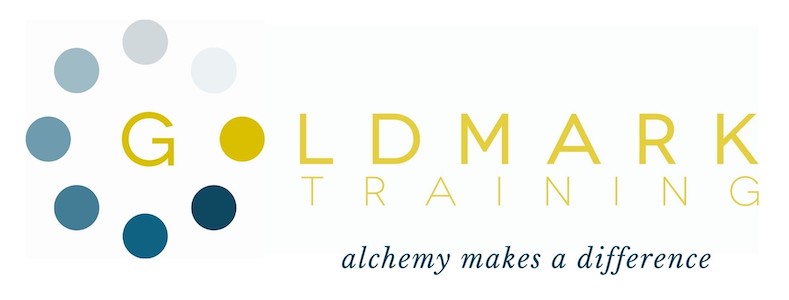Why Empathy Is the Most Important Leadership Skill in 2025
In today’s fast-changing world of work, leadership is being redefined. Traditional management styles that focused solely on authority, efficiency, or results are no longer enough to inspire and retain top talent. Employees now expect leaders who can listen, understand, and respond to their needs on a human level. This is where empathy emerges as the most critical leadership skill for 2025 and beyond.
Empathy is more than being kind; it’s the ability to step into another person’s shoes, understand their experiences, and respond with genuine care. In workplaces marked by hybrid schedules, rising mental health concerns, and the demand for inclusivity, empathetic leadership isn’t a “soft skill.” It’s a strategic necessity.
The Business Case for Empathy in Leadership
Modern organisations are recognising that empathy drives measurable outcomes. Leaders who demonstrate empathy:
- Increase employee engagement – Teams feel valued, which leads to higher morale and productivity.
- Reduce turnover – Staff are less likely to leave when they feel supported and understood.
- Boost innovation – Diverse voices are heard, leading to richer ideas and solutions.
- Strengthen resilience – In uncertain times, empathetic leaders provide stability and trust.
According to Deloitte and other leading business research, empathy is not just a cultural value; it directly impacts an organisation’s bottom line.
This is why our Leadership & Management Training Course at Goldmark Training focuses heavily on emotional intelligence, inclusive communication, and leading with empathy. Leaders who develop these skills are better equipped to motivate teams, handle conflict, and set a positive tone for the entire organisation.
Empathy and Inclusion: Building Belonging
Workplace diversity has grown, but true inclusion goes deeper than policies or quotas. Employees want to feel like they belong. Empathetic leaders can identify barriers faced by underrepresented groups and actively work to remove them.
This is where empathy intersects with Equality and Diversity Training. Leaders who invest in understanding unconscious bias and cultural perspectives create environments where everyone has an equal chance to thrive. It’s not just about compliance but about creating workplaces that celebrate differences and unlock the full potential of every individual
The Link Between Empathy and Wellbeing
The rise in burnout, stress, and mental health challenges across industries highlights another reason why empathy is vital in 2025. Leaders who demonstrate care for employee wellbeing can spot early signs of distress, reduce stigma, and encourage open conversations.
Our Wellbeing Training Course equips leaders and teams with practical strategies for managing stress, fostering resilience, and creating psychologically safe spaces. Empathetic leaders who embrace these skills not only protect their workforce but also enhance performance and loyalty.
Empathy in Safeguarding and Responsibility
Empathy also plays a critical role in safeguarding, whether in education, care services, or corporate settings. Leaders who prioritise safety and understand the vulnerabilities of those around them build trust and accountability.
Through our Safeguarding Training Course, organisations learn how empathy underpins protective practices, helping leaders and staff act responsibly and with compassion when it matters most.
Why 2025 Demands Empathetic Leaders
The year 2025 brings challenges leaders cannot ignore:
- Remote and hybrid working will remain the norm, demanding a stronger emotional connection across screens.
- Younger generations entering the workforce are prioritising values-driven leadership.
- Social, economic, and environmental uncertainties require leaders who can guide with compassion and clarity.
Empathy is no longer optional; it is the core skill that future-proofs organisations. Leaders who fail to adapt may see talent loss, lower morale, and reduced competitiveness. Those who embrace empathy will create resilient, engaged, and inclusive workplaces where people and business outcomes flourish together.
Final Thoughts
At Goldmark Training, we believe leadership is about more than managing tasks, about leading people. Empathy is the cornerstone of this philosophy. By integrating leadership, safeguarding, diversity, and wellbeing practices, organisations can create workplaces that are both human and high-performing.
If you’re ready to lead with empathy, explore our specialised courses:
- Leadership & Management Training Course
- Safeguarding Training Course
- Equality and Diversity Training Course
- Wellbeing Training Course
The future of leadership is empathetic. Are you ready to lead it?
